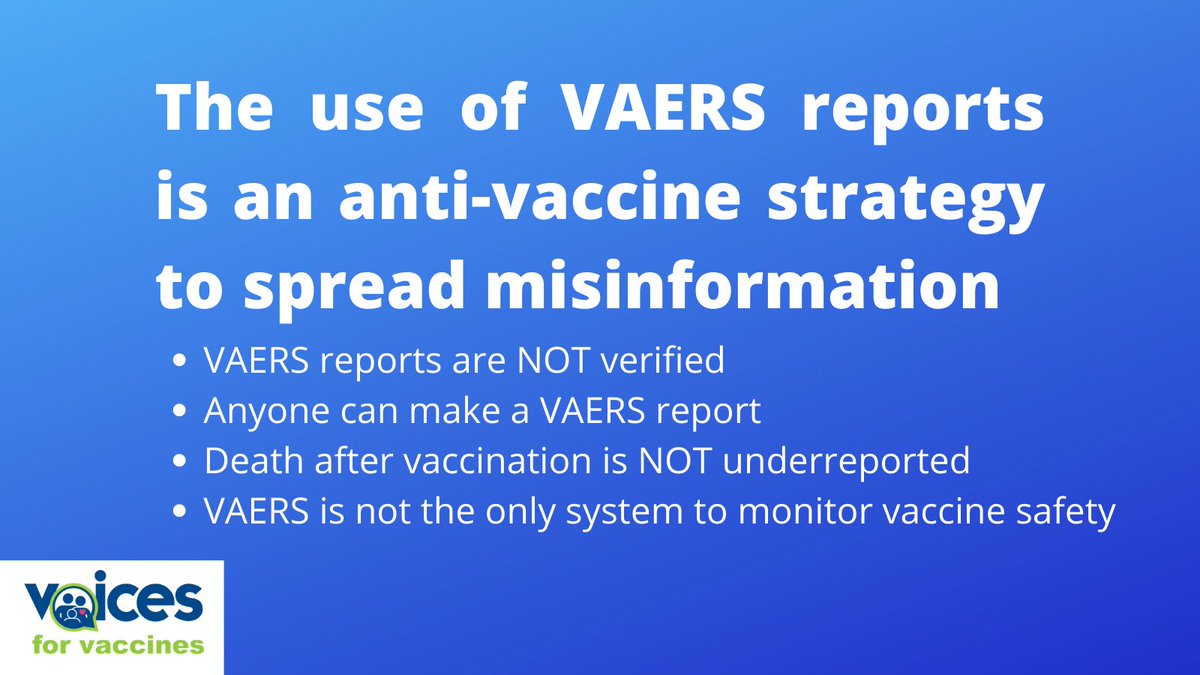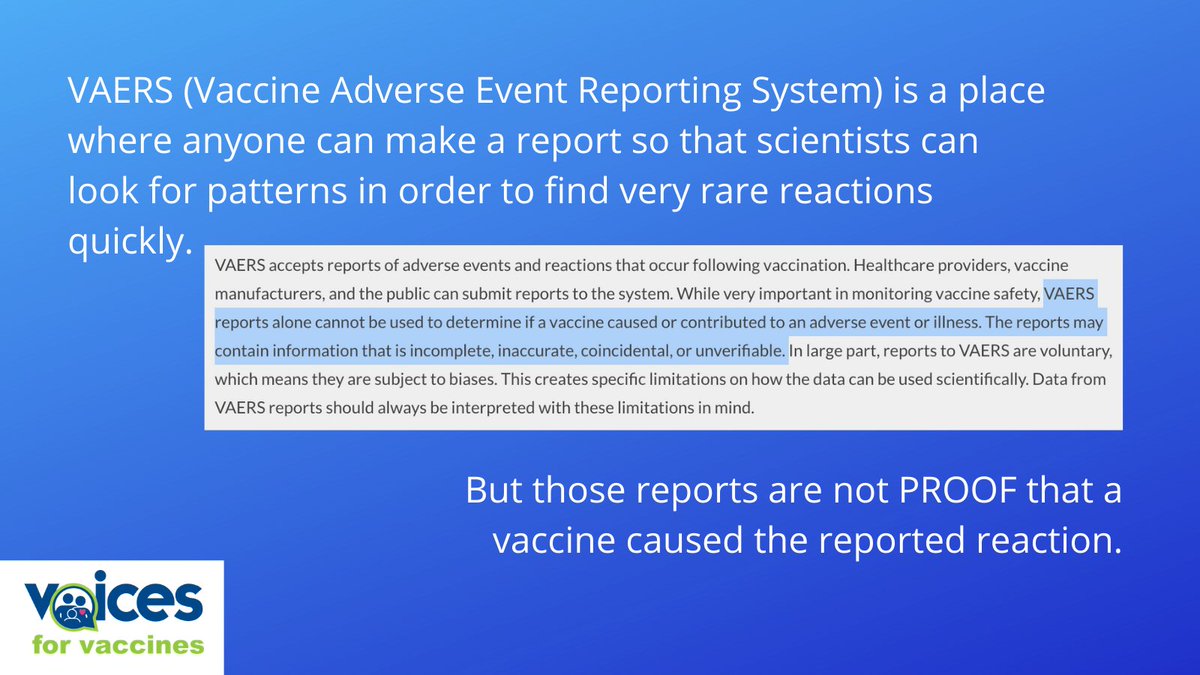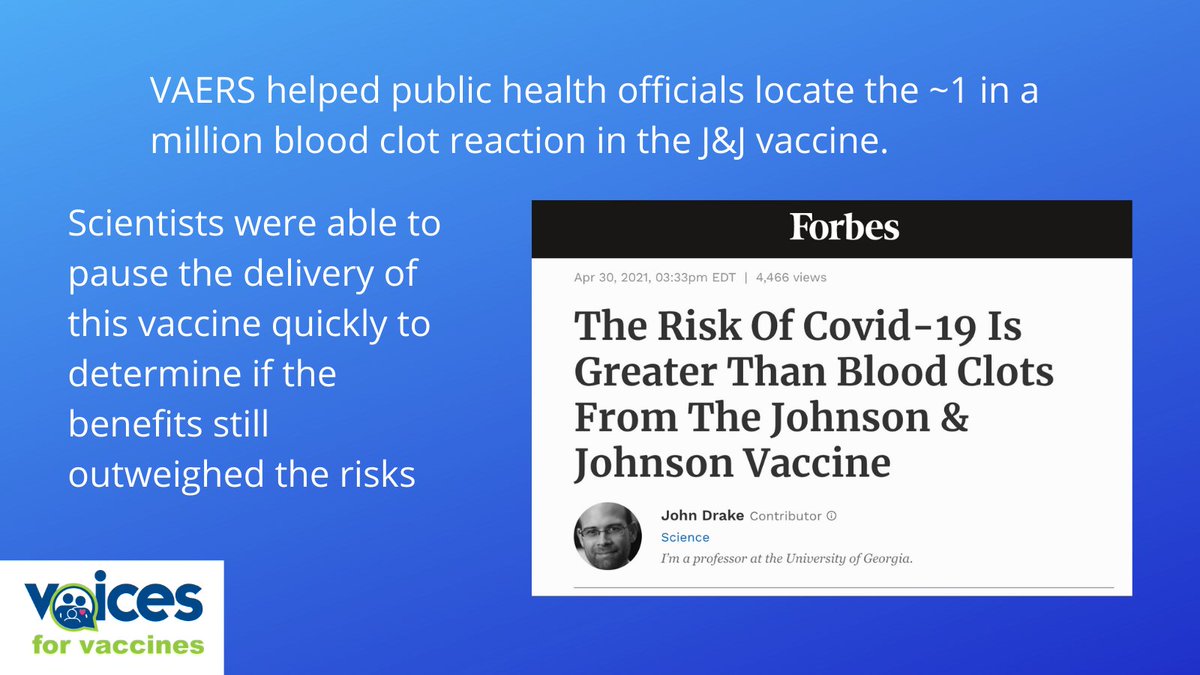
One common objection to vaccination goes like: "I'm healthy. I'll overcome disease naturally."
People believe that because we evolved to deal with viruses, we don't need to immunize.
Turns out this isn't true. Today you face viruses a caveman would never dream of. 🧵 (1)
People believe that because we evolved to deal with viruses, we don't need to immunize.
Turns out this isn't true. Today you face viruses a caveman would never dream of. 🧵 (1)

This thread is about a term we hear often, natural immunity 🍃
There's a certain ring to it as if getting sick is what your ancestors would have wanted.
And while it is true that we have an *amazing* immune system, the world is much, much different than it used to be. (2)
There's a certain ring to it as if getting sick is what your ancestors would have wanted.
And while it is true that we have an *amazing* immune system, the world is much, much different than it used to be. (2)
Let's start with some facts. You obviously did evolve to handle a lot of exposures throughout your life.
We know this because even your average baby--with an immature immune system--fights off millions of potential microbial threats every single day | kqed.org/stateofhealth/… (3)
We know this because even your average baby--with an immature immune system--fights off millions of potential microbial threats every single day | kqed.org/stateofhealth/… (3)

The body learns from each.
Your immune system basically samples microbes from your early environment to predict later exposures | royalsocietypublishing.org/doi/full/10.10…
We suspect some people did this with coronaviruses before COVID which provided some protection. (4) npr.org/sections/goats…
Your immune system basically samples microbes from your early environment to predict later exposures | royalsocietypublishing.org/doi/full/10.10…
We suspect some people did this with coronaviruses before COVID which provided some protection. (4) npr.org/sections/goats…
But importantly, this is inconsistent because everyone's immune system is different (maybe 10% got 🛡️).
We evolved diversity in our immune systems to handle a diversity of viruses and we can't know who is naturally more naïve to what.
This is especially true considering: (5)
We evolved diversity in our immune systems to handle a diversity of viruses and we can't know who is naturally more naïve to what.
This is especially true considering: (5)
1⃣ Viruses evolve constantly. Even common viruses like flu have milder and more severe strains in the same season. They also will randomly affect each age group differently.
So there's an element of pure chance with respect to risk. (6)
So there's an element of pure chance with respect to risk. (6)
https://twitter.com/Voices4Vaccines/status/1487162377980321799?s=20&t=VXAgFWGJm4i5SIBSXZbshg
2⃣ Your specific immune system is shaped by a huge number of environmental exposures you can't account for or control.
It's impossible to know how your body specialized in the course of growing up. And so also, to know how this interacts with constantly changing microbes. (7)
It's impossible to know how your body specialized in the course of growing up. And so also, to know how this interacts with constantly changing microbes. (7)
Most people do well with most challenges to the body, both conventionally healthy and unhealthy.
But because both our immune systems and viruses evolve somewhat randomly--the latter, even in the course of an infection--any person can get unlucky.
Evolution isn't perfect. (8)
But because both our immune systems and viruses evolve somewhat randomly--the latter, even in the course of an infection--any person can get unlucky.
Evolution isn't perfect. (8)
There are 1000s of gene variations that go into immune diversity. There is no single 'health' that ensures success against all disease. | nature.com/articles/s4159…
However: we can standardize and lower risk by reducing the immune challenge. And that brings us to vaccination 💉 (9)
However: we can standardize and lower risk by reducing the immune challenge. And that brings us to vaccination 💉 (9)
What vaccines do is co-opt our natural ability to adapt.
They introduce us to a targeted dose of antigens, a tiny fraction of what we receive on a daily basis (even as babies). Kids spend their youth learning from actual pathogens so this is easy.
(from: Offit + Bell 2003) (10)
They introduce us to a targeted dose of antigens, a tiny fraction of what we receive on a daily basis (even as babies). Kids spend their youth learning from actual pathogens so this is easy.
(from: Offit + Bell 2003) (10)

A "healthy" body is able to take this. In some cases, it's literally a sign of good health to be able to get vaccinated.
Usually those who are immune-compromised should check with a doctor, eg:
> Have pre-existing illness
> Receiving chemotherapy
> Taking high-dose steroids (11)
Usually those who are immune-compromised should check with a doctor, eg:
> Have pre-existing illness
> Receiving chemotherapy
> Taking high-dose steroids (11)

But that aside, I also want to break down some assumptions about human health and infectious disease.
This notion of health as a complete ability to shut down viruses is influenced by the idea that we're historically adapted to today's viruses.
That's not completely true. (12)
This notion of health as a complete ability to shut down viruses is influenced by the idea that we're historically adapted to today's viruses.
That's not completely true. (12)
We're actually pretty certain that our ancestors would have faced different kinds of diseases than us.
The reason is that for most of human history we lived in dispersed, nomadic groups. Brief infections that need new, unimmune hosts to survive would have all burned out. (13)
The reason is that for most of human history we lived in dispersed, nomadic groups. Brief infections that need new, unimmune hosts to survive would have all burned out. (13)
Here's history professor Lois Magner: "When [an acute infection] is introduced into a small population, virtually all individuals become infected and then recover/die. Such diseases could not establish permanent residence among small groups of people." (14) ⬇️ (2004) 

Here is a large review by anthropologists at Emory: "Acute upper respiratory infections decline soon after being introduced to isolated communities, suggesting that they would have been absent from the dispersed populations of the Paleolithic era." (15)
annualreviews.org/doi/abs/10.114…
annualreviews.org/doi/abs/10.114…
And then so I can state this as clearly as possible: "The contagious diseases such as influenza, measles, mumps, and smallpox would not have been present. There would have been few viruses infecting early hominids." (16) - UCL Microbiologist Graham Rooks.
link.springer.com/chapter/10.100…
link.springer.com/chapter/10.100…
We only came together in close enough groups to transmit these diseases as early as 10,000 years ago.
So our ancestors would have faced diseases that faced evolutionary pressure to be less deadly in the short-term (e.g., herpes, chickenpox, etc.).
Source: Barnes 2005 (17)
So our ancestors would have faced diseases that faced evolutionary pressure to be less deadly in the short-term (e.g., herpes, chickenpox, etc.).
Source: Barnes 2005 (17)

Even our relationship with these diseases is not without issue, since they are parasites.
We likely got cancer-causing HPV from Neanderthals yet 500,000 years later it still causes cancer. Clearly we can't rely on nature to save us from all disease. (18)
discovermagazine.com/health/scienti…
We likely got cancer-causing HPV from Neanderthals yet 500,000 years later it still causes cancer. Clearly we can't rely on nature to save us from all disease. (18)
discovermagazine.com/health/scienti…
That's not to say we don't adapt to viruses. Only that:
1⃣ We evolve pretty slowly.
2⃣ They evolve VERY quickly.
And that has had consequences throughout human history. As we shifted to living in large groups, a whole new host of viruses was able to emerge and take root. (19)
1⃣ We evolve pretty slowly.
2⃣ They evolve VERY quickly.
And that has had consequences throughout human history. As we shifted to living in large groups, a whole new host of viruses was able to emerge and take root. (19)
Our social experiment was met with viral experimentation...
Epidemics of varying severity have since been a fixture of city life | nature.com/articles/s4156… (20)



Epidemics of varying severity have since been a fixture of city life | nature.com/articles/s4156… (20)




History doesn't suggest viral experimentation will play out in our favor:
1⃣ It gives us pandemics every few decades.
2⃣ It gave us HIV (killed millions of healthy people).
3⃣ It gave us SARS, MERS, Ebola and Zika.
4⃣ It gave us #COVID19.
Herd diseases can be random. (21)
1⃣ It gives us pandemics every few decades.
2⃣ It gave us HIV (killed millions of healthy people).
3⃣ It gave us SARS, MERS, Ebola and Zika.
4⃣ It gave us #COVID19.
Herd diseases can be random. (21)
These diseases might also do things to your body that evolution wouldn't have picked up on for millions of years (if ever) because they happen after most people would have had children.
Examples: Flu is correlated w/ Parkinson's. EBV with MS. (22)
Examples: Flu is correlated w/ Parkinson's. EBV with MS. (22)
https://twitter.com/Voices4Vaccines/status/1487162421307482112?s=20&t=SdzGrh_j_B2EEXvBBUgs8Q
We're still figuring it out, so exposure to these viruses is kind of like enrollment in nature's study.
On the other hand, we actually know for a fact that vaccines are safe short and long-term because we're able to follow anyone who receives one. (23)
On the other hand, we actually know for a fact that vaccines are safe short and long-term because we're able to follow anyone who receives one. (23)
https://twitter.com/Michigan_Noah/status/1475293124004044801?s=20&t=kU7CEQ0_4ewJMsRI4LUPEQ
If you want to take your chances, I can't stop you. But there's another element to all of this.
These viruses we now deal with are a product of human connection. They wouldn't exist without millions of us living together.
That means vaccines are a tool for the collective. (24)
These viruses we now deal with are a product of human connection. They wouldn't exist without millions of us living together.
That means vaccines are a tool for the collective. (24)
Everyone can now be reached by disease. But some individuals can't get vaccinated.
For instance, babies rely on others around them not to transmit (and are at risk for flu).
Some people are also immunocompromised. They rely on others' vaccination. (25) henryford.com/blog/2017/09/4…
For instance, babies rely on others around them not to transmit (and are at risk for flu).
Some people are also immunocompromised. They rely on others' vaccination. (25) henryford.com/blog/2017/09/4…
On top of that, infectious diseases are good at surging through partially immune populations without exhausting themselves.
We need a very high level of immunity in order to stop them from circulating in our communities.
It takes a specific technology to do that 💉 (26)
We need a very high level of immunity in order to stop them from circulating in our communities.
It takes a specific technology to do that 💉 (26)

And we should use it if we are healthy and able, because these diseases get around even when we're careful.
For a random example, here's a visualization of how COVID spread in 2020. It started with the young and healthy, but quickly spread to those who were not. (27)
For a random example, here's a visualization of how COVID spread in 2020. It started with the young and healthy, but quickly spread to those who were not. (27)

That's just a product of how we live now: as people bound up in complex social networks.
The diseases which travel through these networks are not going to vanish, and it's unlikely they'll get less severe.
So our best option in this new, modern world is to #vaccinate. (end)
The diseases which travel through these networks are not going to vanish, and it's unlikely they'll get less severe.
So our best option in this new, modern world is to #vaccinate. (end)
Thanks for reading!
This thread was written by @Michigan_Noah and reviewed by @EpiBeth.
If you found it informative, please consider sharing so we can keep doing this 🙂
This thread was written by @Michigan_Noah and reviewed by @EpiBeth.
If you found it informative, please consider sharing so we can keep doing this 🙂
Wrote a thread on why "natural immunity" isn't so straightforward as people think. Maybe worth sharing 🙂
@dgurdasani1 @zeynep @VincentRK @denise_dewald @gorskon @angie_rasmussen @chrischirp @Dr2NisreenAlwan @Cleavon_MD @AlastairMcA30 @stevesilberman @DrPoorman @DrLindaMD
@dgurdasani1 @zeynep @VincentRK @denise_dewald @gorskon @angie_rasmussen @chrischirp @Dr2NisreenAlwan @Cleavon_MD @AlastairMcA30 @stevesilberman @DrPoorman @DrLindaMD
Tagging a few more people. Feel free to mute this if distracting.
@Neurofourier @tarahaelle @BogochIsaac @DFisman @nataliexdean @MackayIM @gregggonsalves @meganranney @YoniFreedhoff @lisa_iannattone @mlipsitch @devindthorpe @devisridhar @florian_krammer @fitterhappierAJ
@Neurofourier @tarahaelle @BogochIsaac @DFisman @nataliexdean @MackayIM @gregggonsalves @meganranney @YoniFreedhoff @lisa_iannattone @mlipsitch @devindthorpe @devisridhar @florian_krammer @fitterhappierAJ
• • •
Missing some Tweet in this thread? You can try to
force a refresh














